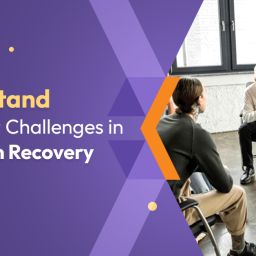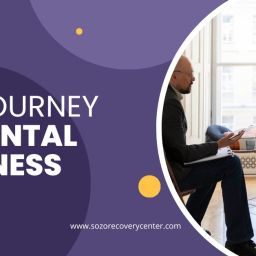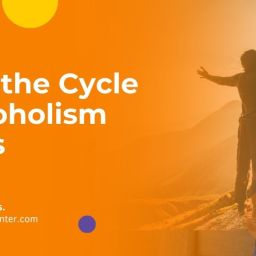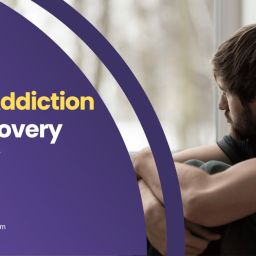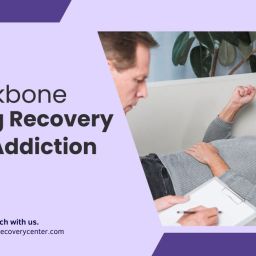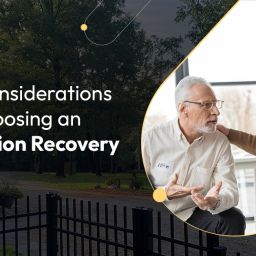behavior, sobriety, addiction, substance abuse, relapse, transtheoretical model, residential treatment center, drug withdrawal, abstinence, patient, coping, therapy, contemplation, substance use disorder, medication, disease, drug, addictive behavior, stress, shame, motivational interviewing, chronic condition, addiction treatment programs, rehab, treatment center, stages of change, recovery treatment, early recovery, detox, steps to recovery from alcoholism, motivation, lifestyle, fear, sleep, opioid, confidence, harm reduction, denial, habit, guilt, cold turkey, partial hospitalization, licensed professional counselor, methamphetamine, pain, opiate, national institutes of health, behavior change, peer support, ambivalence, addiction medicine, social work, physician, desire, health care, 12 steps of aa, 12 step aa program, 12 steps of aa explained, sobriety 12 steps, emotional relapse, 5 steps of recovery, list of the 12 steps of aa, phases of recovery, five steps of recovery, risk, research, physical dependence, inpatient, outpatient, mental health professional, dose, reason, 5 stages of addiction, psychotherapy, peer pressure, stage of change, intensive outpatient, accessibility, pressure, nausea, driving under the influence, emotion, pleasure, vomiting, genetics, understanding, gambling, statistics, 5 steps of addiction
How to tell what stage of recovery you are in addiction?
Determining what stage of recovery you're in during addiction involves self-reflection and assessment. Consider your behaviors, coping mechanisms, and emotions related to substance use, as well as any progress towards healthier habits and support systems in place.
What are the stages of recovery?
The stages of recovery include five key phases: pre-contemplation, contemplation, preparation, action, and maintenance. Each phase plays a critical role in guiding individuals through their journey towards overcoming addiction and achieving lasting recovery.
What are the 5 stages of change in addiction?
The five stages of change in addiction are precontemplation, contemplation, preparation, action, and maintenance. These stages outline the process individuals undergo as they recognize their addiction, contemplate change, prepare for action, implement recovery strategies, and sustain their progress.
What are the stages of addiction in order?
The stages of addiction in order are typically identified as experimentation, regular use, risk use, dependence, and addiction. Understanding these phases can help individuals recognize their relationship with substances and the road to recovery.
What are the 5 stages of addiction?
The five stages of addiction are: (1) pre-contemplation, where the individual is not yet recognizing their addiction; (2) contemplation, where they acknowledge the problem; (3) preparation, involving planning for change; (4) action, where they actively seek recovery; and (5) maintenance, focusing on sustaining their recovery.
What are the 5 stages of addiction recovery?
The five stages of addiction recovery are: pre-contemplation, contemplation, preparation, action, and maintenance. These phases guide individuals through understanding their addiction, making plans for change, and sustaining a life of sobriety.
How many stages of recovery are there?
The stages of recovery encompass five distinct phases. Understanding these stages is crucial for individuals navigating the journey of addiction recovery. Each phase plays a significant role in the overall process toward healing and sobriety.
How to deal with early stages of recovery from addiction?
Dealing with the early stages of recovery from addiction involves establishing a strong support system, practicing self-care, and staying committed to your recovery goals. Engaging in therapy and attending support groups can also provide essential guidance and encouragement.
How many stages of addiction are there?
The stages of addiction consist of five key phases: pre-contemplation, contemplation, preparation, action, and maintenance. Understanding these stages is essential for navigating the recovery process effectively.
What are the 3 stages of recovery?
The three stages of recovery are the early stage, the middle stage, and the late stage. Each phase represents a crucial step towards overcoming addiction, characterized by distinct challenges and achievements that contribute to long-term sobriety.
In what stage of addiction recovery is massage good for?
Massage is beneficial during multiple stages of addiction recovery, particularly during the early phases. It helps alleviate stress, reduce anxiety, and promote relaxation, all of which are essential for individuals navigating the challenges of physical and emotional healing.
What are the 5 stages of recovery?
The five stages of recovery are: precontemplation, contemplation, preparation, action, and maintenance. Each stage represents a critical part of the journey towards overcoming addiction and achieving lasting wellness.
What are the stages of addiction recovery?
The stages of addiction recovery include pre-contemplation, contemplation, preparation, action, and maintenance. Each phase plays a crucial role in helping individuals navigate their recovery journey and develop lasting change.
How does an addict recover?
The recovery process for an addict involves acknowledging the problem, seeking help, committing to treatment, and engaging in ongoing support and personal growth. Each phase is crucial for achieving long-term sobriety and well-being.
What are the 5 stages of nicotine addiction?
The five stages of nicotine addiction are pre-contemplation, contemplation, preparation, action, and maintenance. Each stage represents a progression in recognizing, addressing, and overcoming nicotine dependence, helping individuals navigate their recovery journey effectively.
What are the 5 stages of drug addiction?
The five stages of drug addiction are: experimentation, regular use, risky use, dependence, and addiction. Each stage represents a deeper level of involvement with substances, highlighting the progression that may lead to serious health consequences.
What are the 5 stages of change addiction?
The five stages of change in addiction are: precontemplation, contemplation, preparation, action, and maintenance. These stages represent the process individuals go through as they work towards overcoming addiction and achieving sustainable recovery.
Is recovery possible?
Recovery from addiction is indeed possible. With the right support, resources, and commitment, individuals can overcome their addiction and embrace a healthier, fulfilling life. Each person's journey is unique, but recovery is achievable for everyone.
What are the 5 stages of the addiction cycle?
The five stages of the addiction cycle are: 1) initiation, 2) experimentation, 3) regular use, 4) risky use, and 5) dependence. Understanding these stages helps individuals recognize their relationship with substances and the progression of addiction.
How do recovery stages affect treatment?
The stages of recovery significantly influence treatment approaches. Understanding these phases allows treatment providers to tailor interventions that address the specific needs and challenges individuals face at each stage, enhancing the effectiveness of the recovery process.
Can relapse be a recovery stage?
Relapse can indeed be considered a stage in the recovery process. It often serves as a learning opportunity, highlighting triggers and areas that need further attention on the path to lasting recovery.
What defines the second stage of recovery?
The second stage of recovery is defined by the process of actively addressing and managing the underlying issues related to addiction, including developing coping strategies, building a support network, and beginning to make lifestyle changes essential for sustained recovery.
Are recovery stages linear or cyclical?
The recovery stages are typically cyclical rather than linear. Individuals may revisit earlier phases as they navigate their journey, experiencing setbacks and progress at different times throughout their recovery process.
How does one progress through recovery stages?
Progressing through recovery stages involves recognizing each phase's challenges and actively engaging with support systems, such as therapy and peer groups. This journey requires commitment and self-reflection to navigate from one stage to the next successfully.
What role does denial play in recovery stages?
Denial plays a significant role in the recovery stages by hindering acknowledgment of the addiction problem. It often delays individuals from seeking help, making it a crucial barrier to progress toward acceptance and ultimately, successful recovery.
How do recovery stages differ by addiction type?
The recovery stages differ by addiction type due to the unique challenges and characteristics associated with each substance or behavior. For instance, alcohol recovery may emphasize detoxification and physical health, while behavioral addictions might focus on emotional coping strategies and lifestyle changes.
What coping strategies work for each recovery stage?
Coping strategies vary across recovery stages: in the early stages, focus on supportive networks and mindfulness; during stabilization, employ stress management techniques; and in advanced recovery, practice relapse prevention and continuous self-assessment to maintain progress.
How long does each recovery stage typically last?
The duration of each recovery stage varies, but typically, the stages last from a few weeks to several months. Factors such as individual circumstances, support systems, and treatment approaches influence this timeline.
What challenges arise in the final recovery stage?
The challenges that arise in the final recovery stage include maintaining motivation, managing triggers, and building a supportive community. Individuals may also face difficulties in reinforcing healthy habits and navigating potential relapses, requiring ongoing commitment and self-awareness.
How do support systems impact recovery stages?
Support systems significantly impact the stages of recovery by providing emotional support, accountability, and practical resources, which help individuals navigate challenges, mitigate setbacks, and foster resilience throughout their journey toward recovery.
5 stages of addiction, stages of addiction recovery, phases of recovery, stages of recovery, recovery stages, stages of addiction



